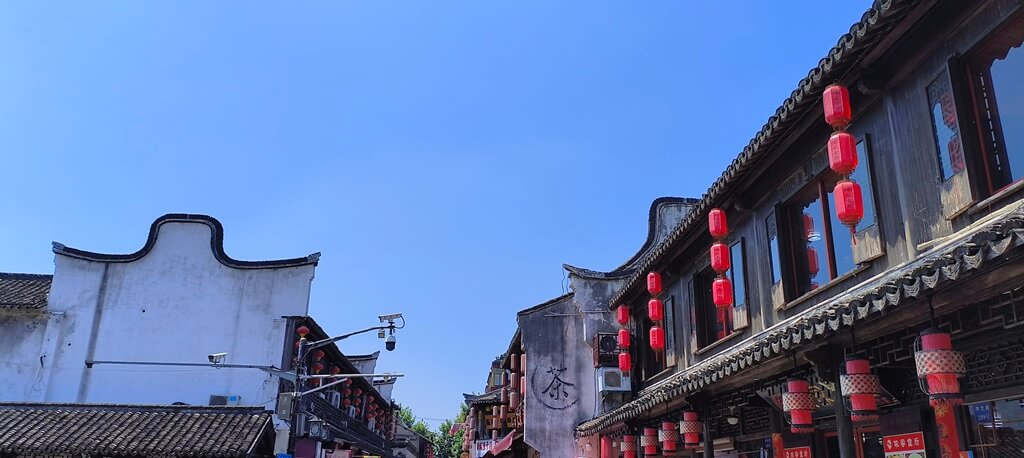Okay, here’s a news article based on the provided information, aiming for the standards you’ve outlined:
Title: North Korea’s Former Inter-Korean Affairs Chief Retains Power Despite Agency’s Demise
Introduction:
In a surprising turn of events, North Korea’s former point man for inter-Korean affairs, Ri Son Gwon, has retained his high-ranking position within the ruling Workers’ Party, despite the dismantling of the agency he once headed. This development, reported by North Korean state media on January 10th, comes amidst a significant shift in Pyongyang’s approach to relations with Seoul, raising questions about the future of inter-Korean dialogue.
Body:
The Korean Central News Agency (KCNA) reported that Ri Son Gwon attended a banquet for a visiting pro-Pyongyang student art troupe from Japan, and was referred to as a department director of the Central Committee of the Workers’ Party of Korea. This designation is significant because it confirms that Ri has maintained his ministerial-level status, even after the dissolution of the United Front Department, the agency previously responsible for managing relations with South Korea.
The United Front Department, once a key player in inter-Korean engagement, has been reorganized and renamed as the 10th Bureau of the Central Committee of the Workers’ Party. This restructuring, ordered by North Korean leader Kim Jong Un, followed Pyongyang’s declaration that relations with Seoul should be defined as those between two hostile countries. The move was widely interpreted as a downgrading of the agency’s importance and a shift towards a more confrontational stance.
Initially, analysts speculated that Ri Son Gwon’s position would also be downgraded to a bureau director, reflecting the reduced status of the newly formed 10th Bureau. However, the recent KCNA report clearly indicates that Ri’s political influence remains intact. This suggests that while the institutional structure of inter-Korean relations has been altered, key individuals like Ri Son Gwon continue to wield significant power within the North Korean political landscape.
This development raises several questions. Why has Ri Son Gwon retained his high-ranking position despite the dismantling of his former agency? Does this signal a potential for future engagement with South Korea, or is it a strategic move to maintain a figure familiar with inter-Korean dynamics within the leadership? The answers to these questions will likely provide crucial insights into North Korea’s future policy direction.
Conclusion:
The apparent preservation of Ri Son Gwon’s high-ranking position despite the dissolution of the United Front Department presents a complex picture of North Korea’s approach to inter-Korean relations. While the restructuring of the agency signals a hardening of Pyongyang’s stance, the continued presence of a seasoned figure like Ri suggests that the door to dialogue may not be entirely closed. This situation warrants close observation as it could provide a critical window into the future trajectory of the Korean Peninsula. Further analysis of North Korea’s internal political dynamics and its evolving rhetoric towards South Korea will be essential to understanding the significance of this development.
References:
- Yonhap News Agency. (2024, January 10). North Korea’s former inter-Korean affairs chief retains power despite agency’s demise. Retrieved from [Insert the URL of the Yonhap News Agency article here if available]
- Korean Central News Agency (KCNA). (2024, January 9). [Report on Ri Son Gwon’s attendance at the banquet]. [Insert the link to the KCNA report if available]
Note: I have included placeholders for the URLs as I don’t have access to live web browsing. Please replace these with the actual links to the relevant articles.
Views: 0
